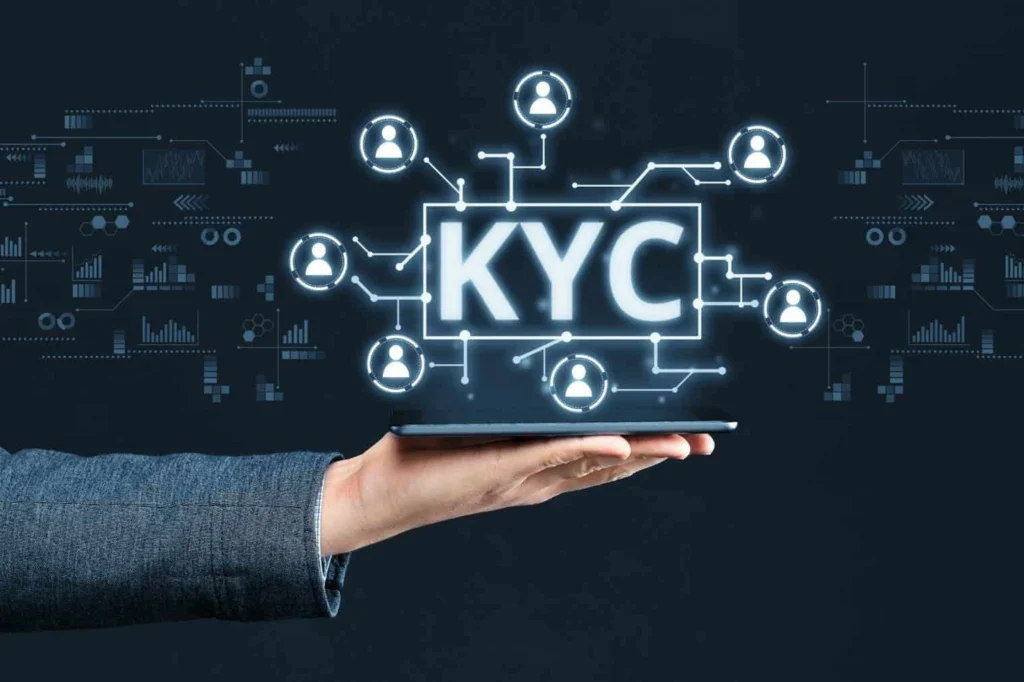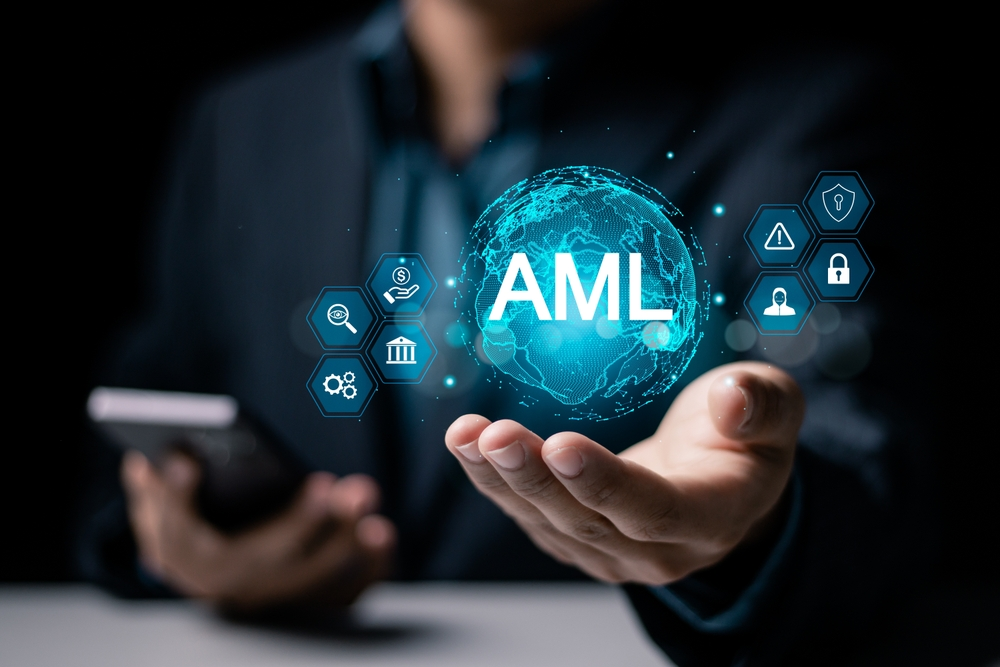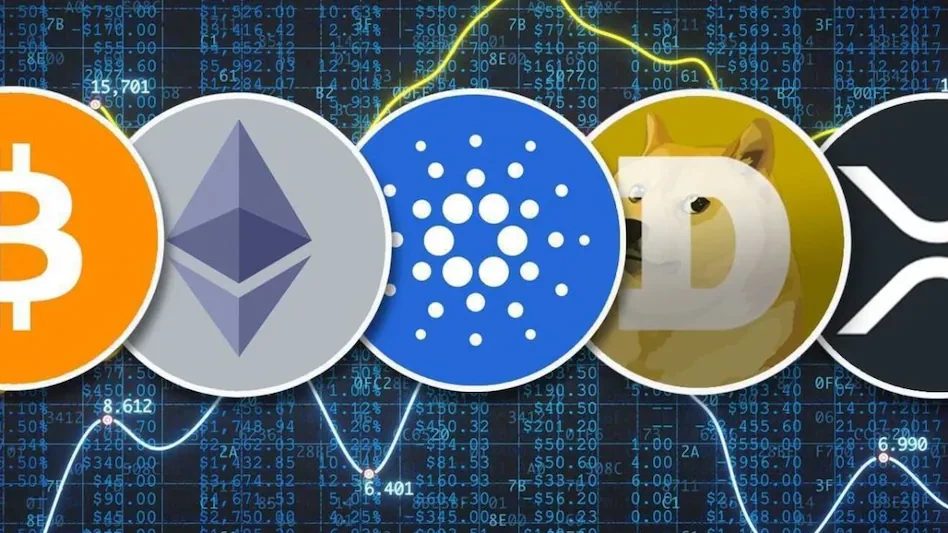Introduction
The idea that every real estate could be on the blockchain is no longer purely speculative. From digital deeds to tokenized investments, blockchain technology is making significant inroads into real estate. But how does it actually work? What are the technical barriers, and could it truly replace traditional systems?
Let’s break it down.
1. What Is Real Estate Blockchain?
Real estate blockchain refers to the application of blockchain technology to property transactions, ownership, and investment. At its core, it functions as a decentralized ledger that stores information in chronological, immutable blocks, ensuring transparency and security.


Key Components:
- Smart Contracts: Automated agreements that execute terms when predefined conditions are met (e.g., transfer of ownership upon payment).
- Digital Title Records: Ownership data stored securely and transparently on-chain.
- Tokenization: Fractionalization of real estate into digital tokens, each representing a share in a property.
2. How Real Estate Blockchain Works Technically
A. Recording Ownership on Real Estate Blockchain
Property deeds and title histories can be hashed and stored on public or permissioned blockchains. Each record is time-stamped, cryptographically verified, and accessible in real-time.
- Hashing Function: Converts property data into a fixed-size string (the hash), which is stored on-chain. Any change in data alters the hash, making tampering obvious.
- Digital Signatures: Ownership transfers require cryptographic signatures from both parties, ensuring authorization and traceability.
B. Property Transactions via Smart Contracts
Smart contracts handle:
- Fund transfers (e.g., escrow release)
- Title updates
- Verification of ownership
- Compliance with KYC/AML protocols
These contracts eliminate the need for intermediaries like notaries and escrow agents.


C. Tokenized Real Estate
Tokenization platforms divide real estate value into fungible tokens on blockchain networks (like Ethereum or Polygon). Investors can:
- Buy fractions of a property
- Trade tokens on secondary markets
- Receive rental yield distributions via stablecoins or crypto


3. Current Use Cases and Pilot Programs of Real Estate Blockchain
- Dubai Land Department: Implementing blockchain for title registration and real-time tracking.
- Propy (USA): Enables on-chain real estate transactions with recorded deeds.
- RealT and Lofty.ai: Tokenize U.S. rental properties for fractional investment globally.
These platforms use ERC-20 or similar token standards and layer-2 scaling solutions to manage fees and speed.
4. Challenges to Adoption of Real Estate Blockchain
A. Legal and Regulatory Barriers
- Lack of government recognition of blockchain records as legally binding title documents.
- Jurisdictional inconsistencies in property law make interoperability difficult.

B. User and Institutional Trust
- Technical literacy gap: Most consumers and even real estate professionals are unfamiliar with blockchain operations.
- Concerns about custody: Losing private keys can mean losing access to property records.
C. Scalability and Standards
- No universal format for property data on-chain.
- Network congestion and gas fees remain a challenge, especially on Ethereum.
5. Security Considerations
While blockchain offers tamper resistance and transparency, the layers built on top (smart contracts, wallets, dApps) must be:
- Audited
- Regularly updated
- Interoperable with legal identity and compliance tools
Key risk: If a smart contract has a bug or a wallet gets hacked, assets (and ownership rights) could be at risk.

Conclusion
Real estate blockchain is a promising technology with the potential to streamline how we manage, buy, and invest in property. While it’s unlikely that every home will be on the blockchain in the immediate future, technical infrastructure is evolving rapidly—and the legal system may eventually catch up.
Expect to see increasing hybrid systems: traditional deeds backed by on-chain verification, and investment models that blend tokenization with physical assets.
If the challenges of legality, trust, and standards are addressed, blockchain could very well become the new foundation for global real estate.
Relevant Link : Here



